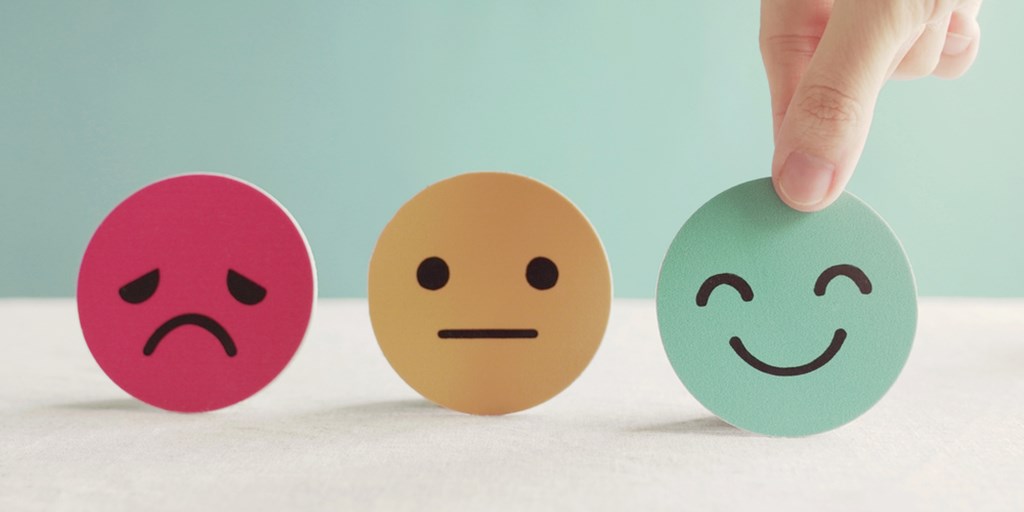
Not All Wounds Are Visible.
We grow up convinced that in order to judge our state of health, we must look only at our bodies. If we have no cold, no back pain and no fever, then we are doing fine.
Not true. Unfortunately, this is only one side of the coin. We are composed of mind and body, and - although philosophers, scientists and clerics have long debated which one element prevails over the other - if either one suffers, we as human beings also suffer.
Mental health is considered to be on the same level as physical health. By mental health, I mean our emotional, psychological and social well-being. Our mental health influences cognition, perception and behavior. It also determines how we manage stress, interpersonal relationships and decision-making.
Physical health and mental health are very intricately related. Think about the stomach aches you get right before an exam, an appointment or a job interview or conversely the worsening of your mood when you are sick or in pain. Just as chronic illness may lead to depression, depression can deepen the symptoms of physical illness.
Speaking of depression, it is just one of the many mental problems we can experience in our lives; probably the best known. Others include anxiety disorders, behavioral disorders, eating problems, mood disorders, personality disorders, psychotic disorders, etc. You can find a complete list of all mental disorders and symptoms at this link.
I clarify that mental illness does not only affect adults or specific categories: no one is immune. In 2020, one in five American adults experienced a mental health issue, while one in six young people experienced a major depressive episode. At the same time, three-quarters of mental health disorders begin before age 24.
Many factors can contribute to mental health problems, including:
- biological factors, such as genes, physical illness, injury or brain chemistry
- life experiences, such as trauma or a history of abuse
- family history of mental health problems
Why Are We Talking About Mental Health
In 1949, Mental Health America established Mental Health Month, celebrated every year in May. This year, the theme is "Back to Basics." After the last two years of pandemic living, many people are realizing that stress, isolation and uncertainty have taken a toll on their well-being. The aim is to provide foundational knowledge about mental health and mental health conditions, and information about what people can do if their mental health is a cause for concern.
People with mental health problems can get better, and many recover completely. Recovery refers to the process in which people can live, work, learn and participate fully in their communities. There are more treatments, services and community support systems than ever before, and they work.
The first step is getting help!
NDC takes mental health very seriously. Our company offers an Employee Assistance Program and several Work/Life Balance services to help people live happily and peacefully.
NDC provides psychological support in case of:
- stress, depression, anxiety
- relationship issues, divorce
- anger, grief and loss
- job stress, work conflicts
- family and parenting problems
- and more
In addition, many NDC employees are certified Mental Health First Aiders. They can give you meaningful advice on how to get all the help you need.
NDC team members can find all documentation, instructions and phone numbers at this link.
In conclusion, I would like to say that friends and loved ones can make a significant difference in the case of mental health problems. According to the U.S. Department of Health & Human Services, in 2020, only 20% of adults received any mental health treatment, including 10% who received counseling or therapy from a professional. You can be a crucial influence in helping someone get the treatment and services they need by reaching out and letting them know you are available to help.
This time more than ever, it’s all about delivering peace of mind.


